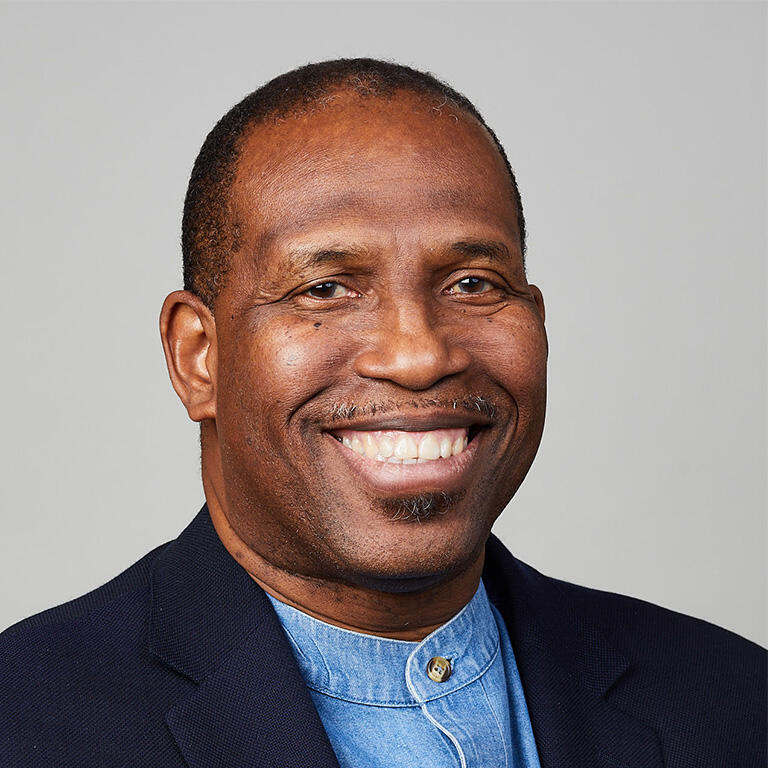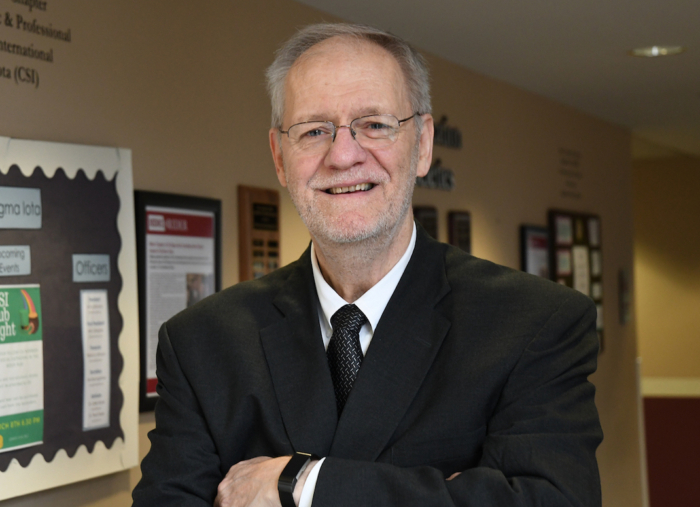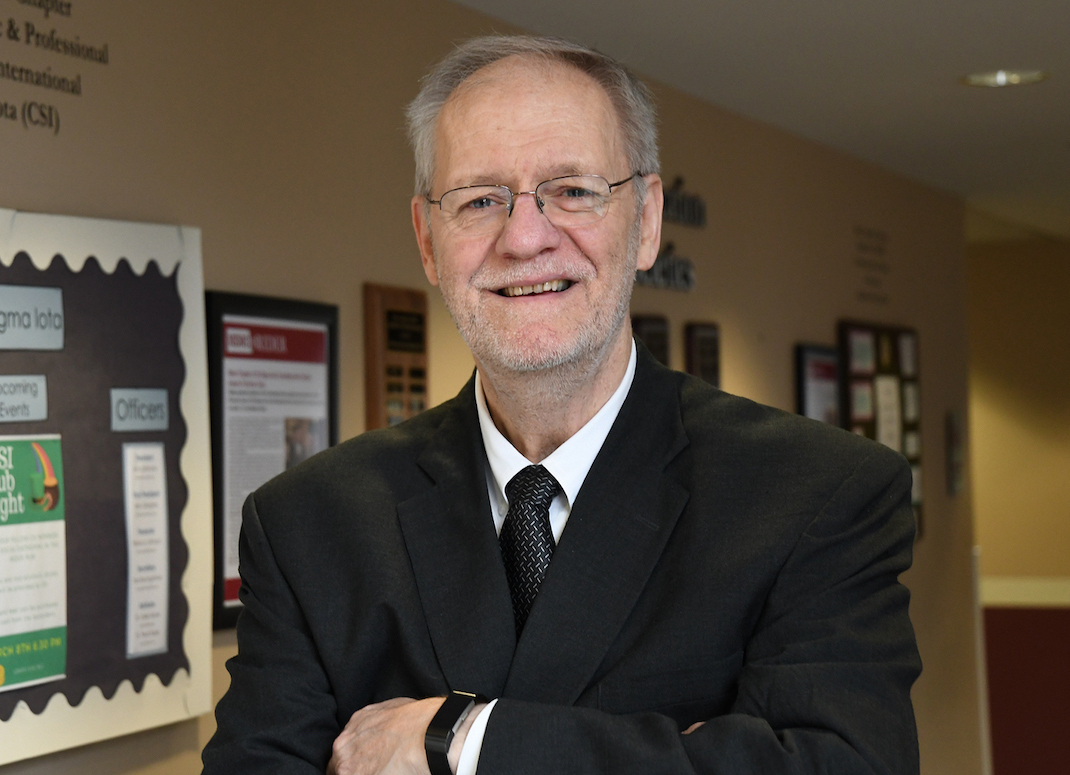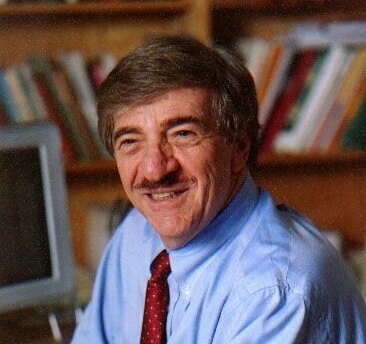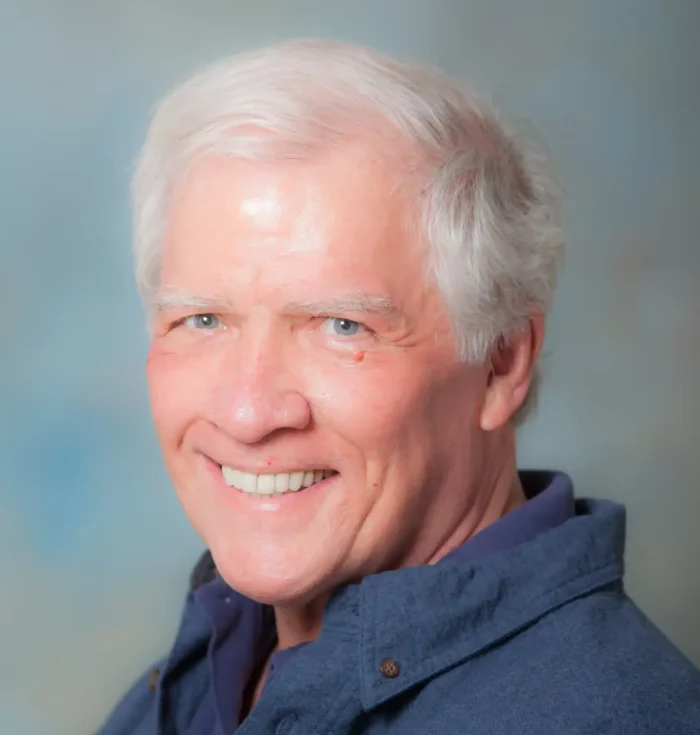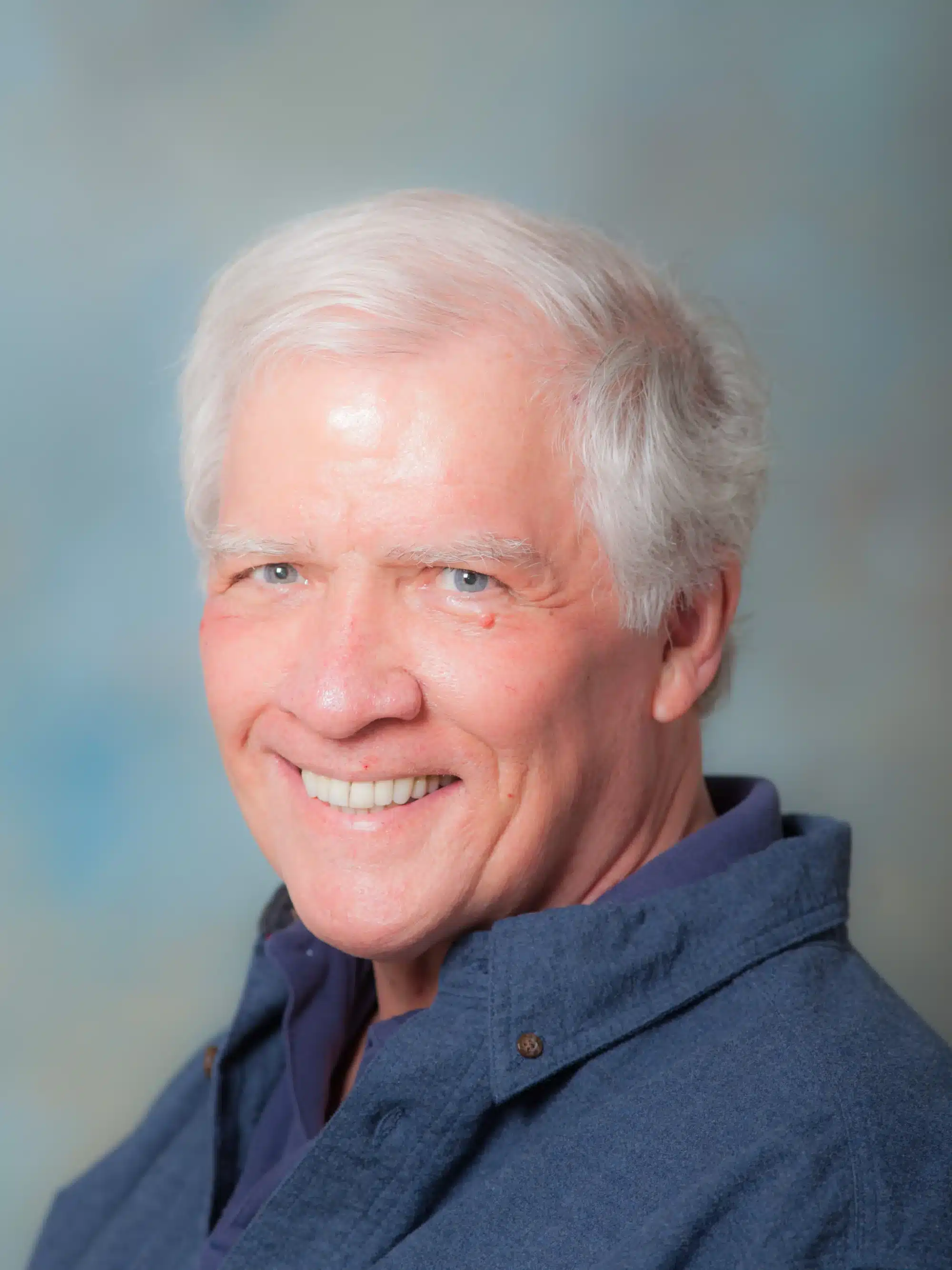Current Recpient
Awarded for advancing the understanding of academic talent development, cultural identity, and giftedness.
Dr. Worrell’s research has reshaped education and psychology, bridging theory and practice to improve outcomes for diverse learners.
